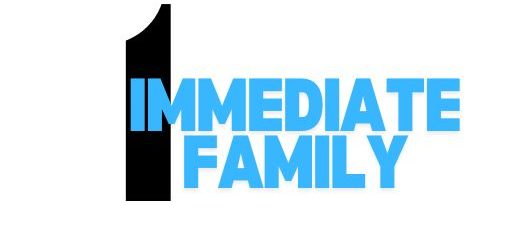The 1976 movie All the President’s Men perhaps provided one of the best three-word investing strategies around: “Follow the money.” No, the film didn’t use the phrase in the context of investing. However, the best stocks tend to generate the most money in terms of revenue, profit, and free cash flow.
Following the money can help you identify great stocks. With that in mind, here are three stocks to buy for 2025 that are practically money machines.
1. Amazon
You won’t find many companies that rake in greater sales than Amazon (AMZN 0.01%). The e-commerce and cloud services giant generated revenue of roughly $620 billion over the last 12 months. The consensus revenue estimate for Amazon in 2025 among analysts surveyed by LSEG is around $707 billion.
In the past, Amazon didn’t worry too much about delivering earnings and free cash flow. That’s no longer true, though. Today, the company is laser-focused on both. The proof is in the pudding: In the third quarter of 2024, Amazon’s earnings soared nearly 55% year over year to $15.3 billion with its free cash flow over the trailing 12 months skyrocketing 123% to $47.7 billion.
Amazon also has an enormous cash stockpile of around $88 billion. This amount isn’t far below the company’s record level of cash at the end of 2021, buoyed by a surge in online shopping fueled by the COVID-19 pandemic.
The most important thing to know about Amazon, though, is that it should continue to be a money machine. Amazon Web Services has a massive growth opportunity as organizations move their apps and data to the cloud. The e-commerce market still has significant room to expand. Amazon is also pursuing new growth opportunities including healthcare and robotaxis.
2. Alphabet
Google parent Alphabet (GOOG -0.67%) (GOOGL -0.79%) lags well behind Amazon in revenue generation. The company’s sales approached $340 billion over the last 12 months. However, it’s a different story with profit. Alphabet delivered earnings of $94.3 billion over the past 12 months and $26.3 billion in the third quarter of 2024 alone.
The technology leader is no slouch in the free cash flow department, either. Alphabet’s free cash flow over the last 12 months topped $41 billion. The company reported free cash flow of $17.6 billion in Q3.
Most of Alphabet’s revenue, around 87%, comes from its Google Services, which include Google Search, YouTube, Google Maps, Google Play, Android, Chrome, and devices. Google Services is also the company’s biggest profit source, although Google Cloud’s profit continues to grow rapidly.
Should investors be concerned about regulatory threats? I don’t think so, despite a major adverse court ruling for Alphabet last year. My take is that the company should maintain its dominance in the search engine market while expanding its share of the cloud services market. I also predict Alphabet’s Waymo unit will be a major contributor to growth by the end of the decade as the robotaxi market takes off.
3. Eli Lilly
Eli Lilly (LLY 1.80%) might seem to be out of place on this list. The drugmaker’s revenue of $40.9 billion over the last 12 months pales in comparison to Amazon’s and Alphabet’s sales figures. Lilly generated “only” $8.4 billion in earnings over the last 12 months. Its free cash flow was negative.
So why do I view Lilly as a money machine to buy for 2025? Sometimes following the money involves looking ahead. Lilly is poised to generate a lot more money over the next few years than it has in the past.
The company’s Mounjaro/Zepbound franchise targeting obesity and type 2 diabetes stands out as a big factor behind my optimism. The two brands (which are the same drug under the hood) combined to make $11.6 billion in the first three quarters of 2024. Analysts at UBS project the franchise could become “the biggest drug ever.”
Meanwhile, Lilly claims other key growth drivers, including autoimmune disease drug Taltz and cancer drug Verzenio. The commercialization of its Alzheimer’s disease drug Kisunla is still in the early stages. The company also has a promising pipeline featuring 24 late-stage programs.
Suzanne Frey, an executive at Alphabet, is a member of The Motley Fool’s board of directors. John Mackey, former CEO of Whole Foods Market, an Amazon subsidiary, is a member of The Motley Fool’s board of directors. Keith Speights has positions in Alphabet and Amazon. The Motley Fool has positions in and recommends Alphabet and Amazon. The Motley Fool has a disclosure policy.





